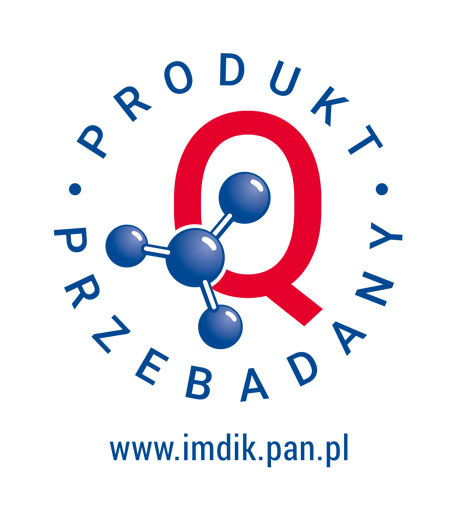Identification and therapeutic targeting of the mRNA splicing alteration mechanisms driven by gain-of-function TP53 mutants in human cancers
Despite the continuous improvement of diagnostic and treatment methods, neoplastic diseases are still one of the main causes of death in developed countries, including Poland, according to WHO data. The most common ones include lung, colon, and pancreatic. Therefore, there is a need for further research aimed at understanding the mechanisms of cancer formation and designing new therapies. This project aims to investigate the mechanism of regulation of alternative mRNA splicing by mutant p53 and the use of this knowledge to design and test new drug combinations.
The TP53 gene, encoding p53 protein, is one of the key genes in oncogenesis. Its primary function is cancer suppression. Missense mutations, which occur in about 30% of patients, cause such changes in the p53 protein, that it not only loses its suppressor functions but also acquires new properties accelerating the development of cancer. Such mutant forms of p53 are called "gain-offunction" and are involved in all processes related to oncogenesis, including metastasis formation, resistance to chemotherapy, accelerated cell proliferation. Recent studies using high-throughput RNA sequencing (RNA-Seq) or microarrays indicate that mutant p53 is involved in alternative mRNA splicing - a process that allows different isoforms of a protein to be generated from the same gene. These isoforms can differ in their properties – one can be pro-tumorigenic while the other antitumorigenic. The project’s leader published the results demonstrating that mutant p53 affects alternative splicing in breast cancer. This discovery was supported by the work of another team showing the role of mutant p53 in splicing regulation in pancreatic cancer. However, these studies have been conducted using distinct methodologies, each focusing on one type of cancer. Therefore, there is a need for in-depth studies that would systematically explain the role of p53 mutants in the regulation of mRNA splicing in various cancers using standardized methods.
Initial results that we obtained in lung and breast cancer cell lines with a mutation in the TP53 gene confirmed the hypothesis that the mutant p53 protein influences the alternative splicing profile in studied cancers. Using bioinformatics tools, we found that genes alternatively spliced in the presence of mutant p53 are involved in many molecular pathways, e.g. gene expression, RNA metabolism, which may be important in cancer development. Comparison of the expression level of genes whose splicing was changed by TP53 silencing to control samples showed that in general p53 mutants did not reduce the expression of the studied genes. This suggests that the resulting protein isoforms may play an important role in oncogenesis. The overlap of genes whose splicing changed after TP53 silencing in breast and lung cancer cell lines showed that certain genes were common to both cancers. Such genes are particularly interesting as they indicate a mechanism common to both cancers, which may be the basis for designing new therapies.
In the proposed project, RNA-Seq data obtained from lung and colon cancer cell lines in course of the ongoing research in the host laboratory will be combined with new data that will be obtained for pancreatic and head and neck cancer cell lines after knockout of mutant TP53 using the CRISPR-Cas9 method. These data will be supplemented with RNA-Seq results obtained from CRISPR-Cas9 cell lines based on fibroblasts with introduced the same mutations in TP53, like those present in neoplastic cells. Utilizing bioinformatics tools, all data will be overlapped to indicate the genes whose mRNAs are alternatively spliced in all or several types of the studied cancers. The obtained results will be confirmed using cell lines and tissues collected from cancer patients, by comparing the expression level of alternative mRNAs in normal and neoplastic tissue. These genes will then be analyzed for the molecular pathways and biological processes in which they will be involved. Selected genes implicated in processes important in oncogenesis and repeated in several cancers will be examined in terms of the functions performed by individual isoforms of encoded proteins. The mechanism used by p53 mutants to control mRNA splicing will also be investigated. The results of these studies will be applied to design and test new therapies in vitro on cell lines and organoids. We have established in the laboratory organoid cultures from neoplastic and normal tissues collected from cancer patients. They allow drugs to be tested in a 3D culture that better reflects the growth of cells in a living organism. These studies are an introduction to the in vivo tests planned in future projects.






